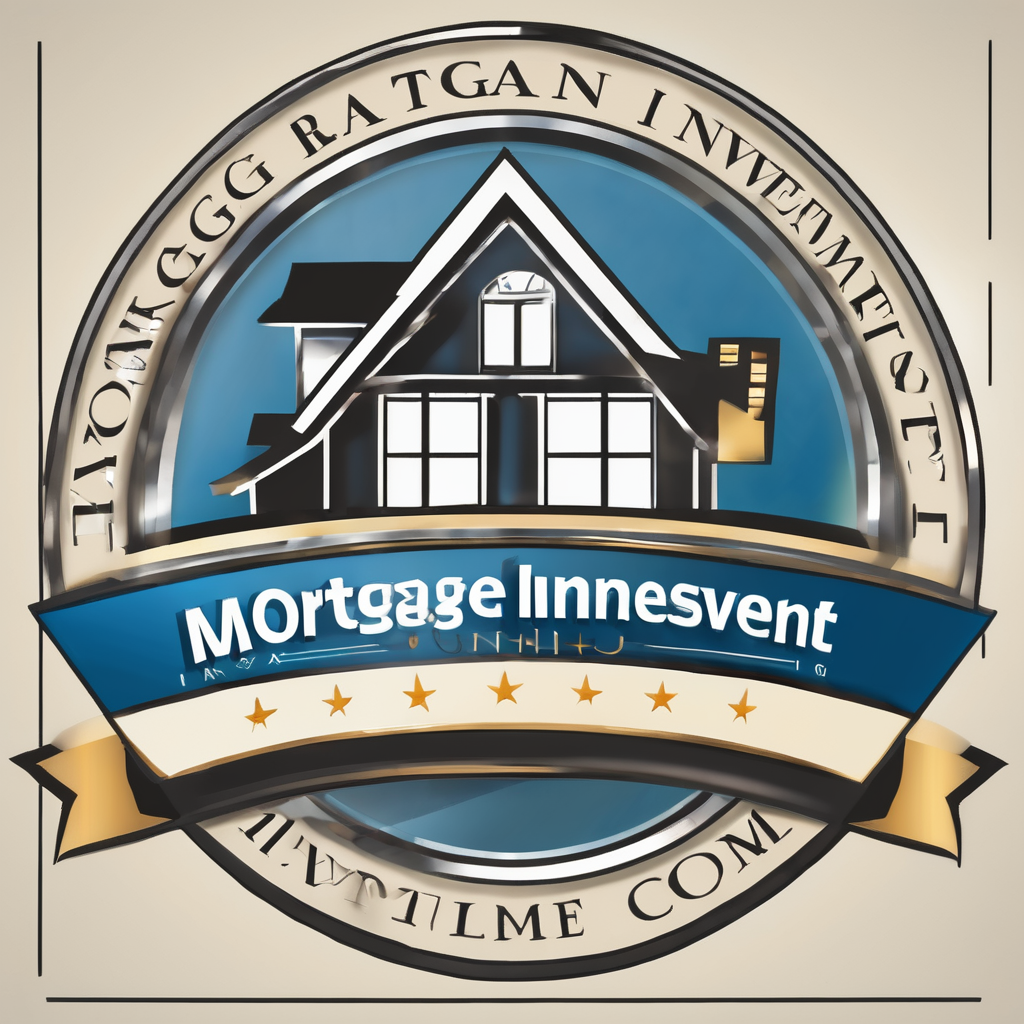The property industry, long known for its traditional approach and aversion to change, is undergoing a digital revolution. The rise of proptech – property technology – is transforming how properties are bought, sold, and managed. Especially in the UK, where the real estate market is incredibly diverse and competitive, the integration of advanced technologies is no longer a luxury but a necessity. In this article, we will explore the latest innovations in property management technology that are shaping the UK real estate industry.
The Age of Proptech
The advent of proptech is primarily a response to the shifting needs of a modern society. It is a blend of digital innovation and the traditional property sector. In a world driven by technology, people are seeking quicker, more efficient ways to manage their estates. In this era, property managers are embracing technologies such as AI, IoT, data analytics, and smart solutions to meet these demands.
Dans le meme genre : How can UK landlords effectively manage property maintenance to reduce overall costs?
Proptech, though a recent development, has seen rapid growth. From virtual tours to blockchain contracts, the use of technology in property management has become more sophisticated and diverse. An array of innovative products and services are now available to assist property managers in streamlining their operations and improving tenant experience.
Data-Driven Property Management
One of the most significant advancements in property management technology is the use of data. More than just numbers, data provides insights into market trends, tenant preferences, and property performance. It enables property managers to make informed decisions, thereby boosting the profitability of their business.
A voir aussi : How should UK property owners approach securing a second mortgage for additional property investments?
Software solutions equipped with data analytics features are in high demand in the market. These tools collect, process, and interpret data from various sources to provide valuable insights. With this information, property managers can assess the value of a property accurately, identify potential maintenance issues, and understand tenant behaviour better.
Smart Properties
The Internet of Things (IoT) has made a significant impact on the property industry, leading to the development of ‘smart’ properties. Smart homes equipped with connected devices that automate tasks and improve the quality of life are increasingly popular among tenants.
In a smart property, devices such as smart thermostats, security systems, and lighting control systems can be controlled remotely using a smartphone or voice commands. Property managers can also use these smart devices to monitor and manage the property effectively. For instance, a smart security system can alert the manager if there’s a break-in, while a smart thermostat can adjust the temperature based on occupancy, saving energy and reducing costs.
Virtual and Augmented Reality
While augmented and virtual reality (AR and VR) may sound like technologies straight out of a science fiction movie, they are making waves in the real estate industry. These technologies offer virtual tours of properties, allowing potential tenants or buyers to explore them from the comfort of their homes.
Virtual tours have proven particularly beneficial in the wake of the COVID-19 pandemic, where physical distancing became the norm. They have also expanded the market reach of property managers as interested parties can view properties regardless of geographical limitations.
AI and Machine Learning
Artificial Intelligence (AI) and Machine Learning (ML) are also gaining traction in the property industry. From chatbots answering tenant queries to predictive maintenance algorithms, these technologies are making property management more efficient and tenant-friendly.
AI-powered property management software can automate routine tasks such as rent collection, lease administration, and maintenance requests. This automation not only frees up time for property managers but also improves the accuracy and speed of these processes. With machine learning, the software can learn from past data and experiences to improve its future performance.
Blockchain and Smart Contracts
Blockchain, the technology behind cryptocurrencies like Bitcoin, is slowly making its way into the property industry. It offers a secure, transparent platform for property transactions, reducing the risk of fraud and errors.
Smart contracts, powered by blockchain, automate the execution of agreements when certain conditions are met. They can be used for lease agreements, making the process faster and more efficient. This technology also promises to reduce transaction costs by eliminating the need for intermediaries.
The transformation of the UK property industry through technology is ongoing, and as new innovations come to light, the way properties are managed will continue to evolve. The future of the property industry lies in embracing these technological advancements and adapting to the changing landscape.
Technology Trends in Commercial Real Estate
When it comes to commercial real estate, the use of technology is not just confined to property management. It’s also being used to enhance the buyer’s experience and streamline the selling process. For instance, mobile apps are becoming increasingly popular, allowing users to view properties in real-time and make appointments with estate agents directly through the app.
Big data analytics and artificial intelligence are proving useful in commercial real estate too. They are used to analyze market trends, predict potential growth areas, and identify profitable investment opportunities. This significantly reduces the risk involved in commercial real estate investments and increases profitability.
Drones and 360-degree cameras are being used to capture high-quality images and videos of properties. This not only gives potential buyers a better view of the property but also speeds up the property inspection process. In the COVID-19 era, these tools have proved invaluable, allowing property viewings to continue virtually when physical viewings were not possible.
In commercial real estate, smart contracts and blockchain are poised to revolutionize the leasing process. By automating the execution of lease agreements, the time taken to close a deal is significantly reduced. Moreover, the transparent nature of blockchain reduces the risk of fraudulent transactions, providing peace of mind for both parties involved.
Conclusion: The Future of Property Management
As we’ve seen, the UK real estate industry is not only adopting but also embracing the latest technological advancements. These innovations are not just fads; they are here to stay. As technology continues to evolve, so too will the ways in which we manage and interact with properties.
The future of the property industry lies in technology real estate, where traditional aspects of property management are seamlessly integrated with technological innovations. From cloud-based property management software to AI-powered bots, the possibilities are endless.
As a result, property managers who adopt these technologies early stand to gain a competitive advantage in the market. They can offer a more efficient, streamlined service to their clients, improving tenant experience and boosting profitability.
However, it’s not just about adopting the latest technology. It’s about understanding how these technologies can benefit your business and implementing them effectively. This includes investing in software development and training staff to use these new tools. Only then can property managers fully capitalize on the benefits of these technological advancements.
In conclusion, the rise of proptech is set to revolutionize the UK real estate industry. It promises to make property management more efficient, transparent, and tenant-friendly. If one thing is clear, it’s that the future of property management lies in embracing these technological trends. So, whether you’re a property manager, estate agent, or investor, it’s time to embrace the digital revolution and prepare for the future of real estate.






